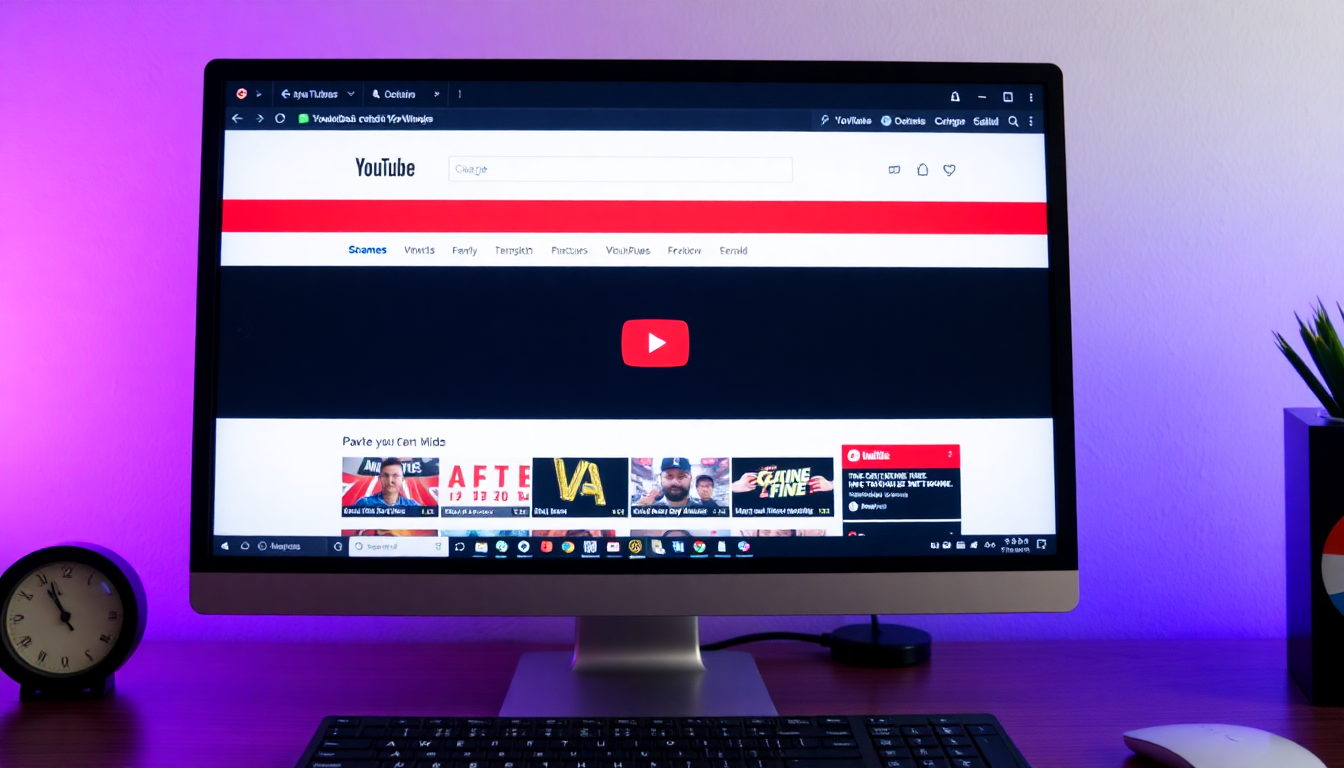A Knight on the European Chessboard: Mistral AI and Its Takeover Temptation
In the high-stakes chess match of global AI, Mistral AI stands out like a knight ready for capture. Founded by alumni of Google DeepMind and Meta Platforms, this Paris-based startup emerged as a contender in the AI arms race with a bold mission: to be the European answer to OpenAI. But with deep-pocketed rivals tightening their grip on the market, Mistral AI now finds itself in a precarious yet strategically valuable position.
The Information’s original article identifies Mistral as one of 78 startups on their “Generative AI Takeover List”—a compilation of companies that haven’t secured fresh funding in years and may soon find themselves cash-strapped. The list reflects a growing tension in the tech ecosystem: AI promises breakthroughs, but it’s also burning through capital faster than you can say "machine learning."
AI Innovation Is Expensive—And Risky Business
Launching large language models or sophisticated AI systems isn’t just technically demanding; it’s prohibitively expensive. Training a single LLM can cost millions. Startups like Mistral AI are walking a tightrope between their ambitions and the harsh reality of financial burn rates. The crux of the issue? Investors are becoming cautious, reluctant to throw more money at AI ventures with uncertain returns.
AI buyers, too, are hesitant. Companies are treading lightly, unsure whether investing in cutting-edge AI tools will deliver clear business value or just drain their budgets. This hesitancy makes startups like Mistral AI prime takeover targets—attractive intellectual property waiting to be scooped up by bigger players eager to integrate or neutralize the competition.
What Makes Mistral AI Unique in the Crowded AI Space?
Mistral AI isn’t just another startup—it’s part of a broader European push to reclaim technological sovereignty. With the global AI space dominated by American giants like OpenAI and Microsoft, Europe needs champions like Mistral. The company’s focus on open-source models aligns with the European Union’s commitment to transparency and trust in technology.
However, the very qualities that make Mistral a beacon of European innovation also make it vulnerable. The open-source approach, while noble, doesn’t come with the same monetization safety net that proprietary models enjoy.
Quick Comparison: Mistral AI vs. OpenAI
| Feature | Mistral AI | OpenAI |
|---|---|---|
| Location | Paris, France | San Francisco, USA |
| Model Type | Open-source | Proprietary (GPT Series) |
| Funding Status | Limited recent funding | Secured Microsoft backing |
| Key Focus | European innovation, transparency | AI dominance, integration with cloud platforms |
Mistral has succeeded in cultivating goodwill from European politicians and investors who want to nurture a homegrown alternative to American AI. But as the funding gap grows wider, so does the temptation to accept a lucrative buyout offer.
Why Mistral AI Could Be a Perfect Acquisition for Big Tech
Tech giants are always on the lookout for strategic acquisitions to strengthen their portfolios. Mistral’s strengths align with several corporate goals—especially for companies wanting to bolster their AI credibility or expand into Europe. Here’s what makes Mistral AI an attractive takeover target:
1. Expert Talent from Google DeepMind and Meta
The founding team brings a wealth of experience from Google DeepMind and Meta Platforms, making Mistral an instant credibility booster for any acquirer. Talent acquisition is often a primary driver behind takeovers—and Mistral’s brainpower is second to none.
2. Open-Source Expertise
With the tech world gravitating toward open-source models for transparency and adaptability, Mistral’s knowledge base could provide strategic advantages. Amazon Web Services (AWS), for example, has shown interest in open-source initiatives—could they be eyeing Mistral?
3. Geographical Advantage
Acquiring Mistral AI provides access to European talent and market reach. For companies like Google or Microsoft, who want to build bridges with European regulators and customers, buying Mistral could serve as both an olive branch and a competitive edge.
The Downside: Why Some Buyers Might Hesitate
Of course, not everything about Mistral is picture-perfect. There are a few reasons potential buyers might think twice before making an offer.
-
Uncertain Monetization Strategy
Unlike OpenAI, which has subscription models and partnerships with Microsoft’s Azure, Mistral’s monetization approach remains unclear. The question remains: Can an open-source AI model generate sustainable profits? -
European Regulatory Scrutiny
The European Union has taken a hard stance on tech regulation, and potential acquirers might worry about inheriting regulatory baggage along with Mistral. -
AI Market Volatility
The AI market is evolving rapidly, and what’s considered a competitive edge today could be obsolete tomorrow. Buyers need to weigh the long-term risks.
So, Who Might Take the Bait?
Several companies stand out as potential acquirers for Mistral AI. Here’s a speculative shortlist:
- Microsoft: Expanding into Europe and adding more AI talent to its arsenal would make sense.
- Google: With its DeepMind ties, acquiring Mistral could reunite old colleagues and enhance Google’s AI ecosystem.
- Nvidia: The GPU giant has been investing heavily in AI and could benefit from Mistral’s open-source expertise.
Final Thoughts: Will Mistral AI Hold Out or Fold?
As the saying goes, “When the wolves are circling, the sheep must choose.” Will Mistral AI stay the course and become a true European powerhouse, or will it bow to the inevitable and join the ranks of acquired startups?
The clock is ticking, and the next few months will be critical. For Mistral, it’s no longer just about building models—it’s about surviving long enough to see them thrive.
What Do You Think? Join the Conversation
What’s your take? Will Mistral AI stay independent, or is a takeover inevitable? And if so, who do you think will take the first bite? Drop your thoughts in the comments below—we’d love to hear from you!
Become a permanent resident and eventually a citizen of the "Shining City on the Web" right here. Join the iNthacity community and never miss out on the latest developments in the tech world.



















Post Comment
You must be logged in to post a comment.